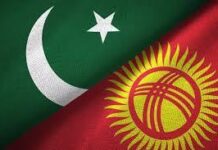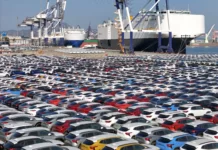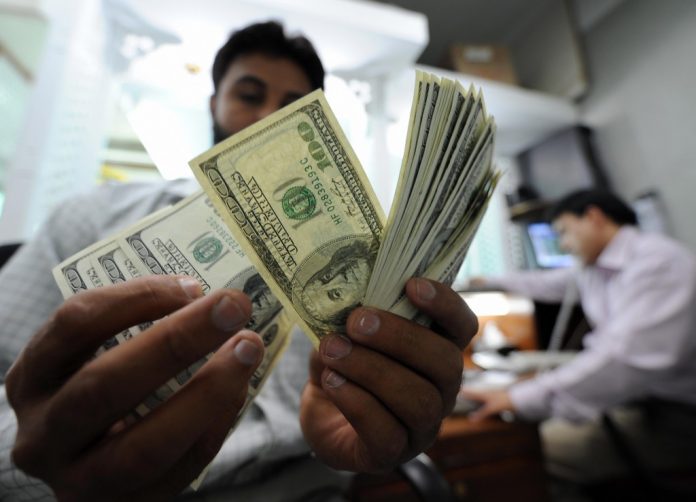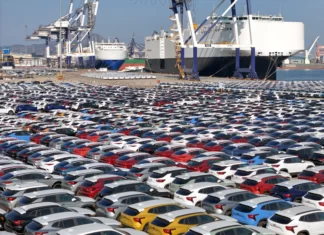ISLAMABAD: The overseas workers’ remittances recorded an inflow of $2.7 billion during August 2022, posting an increase of 7.9 per cent when compared to the previous month’s inflow of $2.53 billion.
On a year-on-year basis, the remittances also witnessed an increase of 1.5 per cent when compared to the inflow of $2.68 billion recorded in August 2021.
On average, the remittances posted a 3.2 per cent decline during the first two months of the current fiscal year as the remittances fell from $5.42 billion in July-August (2021-22) to $5.25 billion in the same period of the current fiscal year.
According to data released by State Bank of Pakistan (SBP) on Tuesday, remittances’ inflows during August 2022 were mainly sourced from Saudi Arabia $691.8 million, United Arab Emirates $531.4 million, United Kingdom $369.7 million and the United States of America $294.4 million.
During the corresponding month, the overseas Pakistanis living in Bahrain sent $42.8 million, from Kuwait $77.3 million, from Qatar $88.6 million whereas $92.1 million were dispatched from Oman.
Similarly the inflows from Germany, France, The Netherlands, Spain, Italy, Greece, Sweden, Denmark, Belgium, and Ireland were recorded at $40.1 million, $37.1 million, $4.6 million, $45.4 million, $76 million, $30.5 million, $5.9 million, $5.2 million, 19.1 million and $10.9 million respectively.
Likewise, from Malaysia, Norway, Switzerland, Australia, Canada, and Japan, the workers dispatched $14.5 million, $10.6 million, $3.7 million, $60.9 million, $56.3 million, $56.3 million, and $7.1 million respectively.
Remittances from South Africa during the month under review stood at $26.9 million while that from South Korea stood at $8.3 million. Similarly $72 million were received from other countries.
























